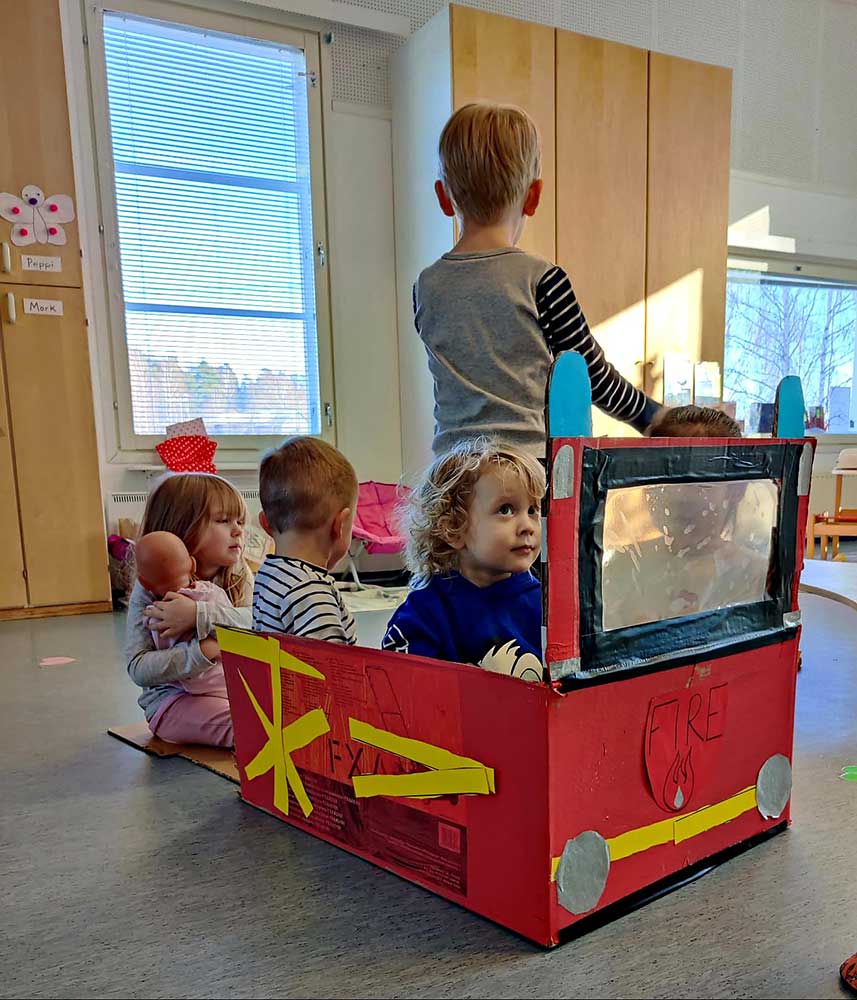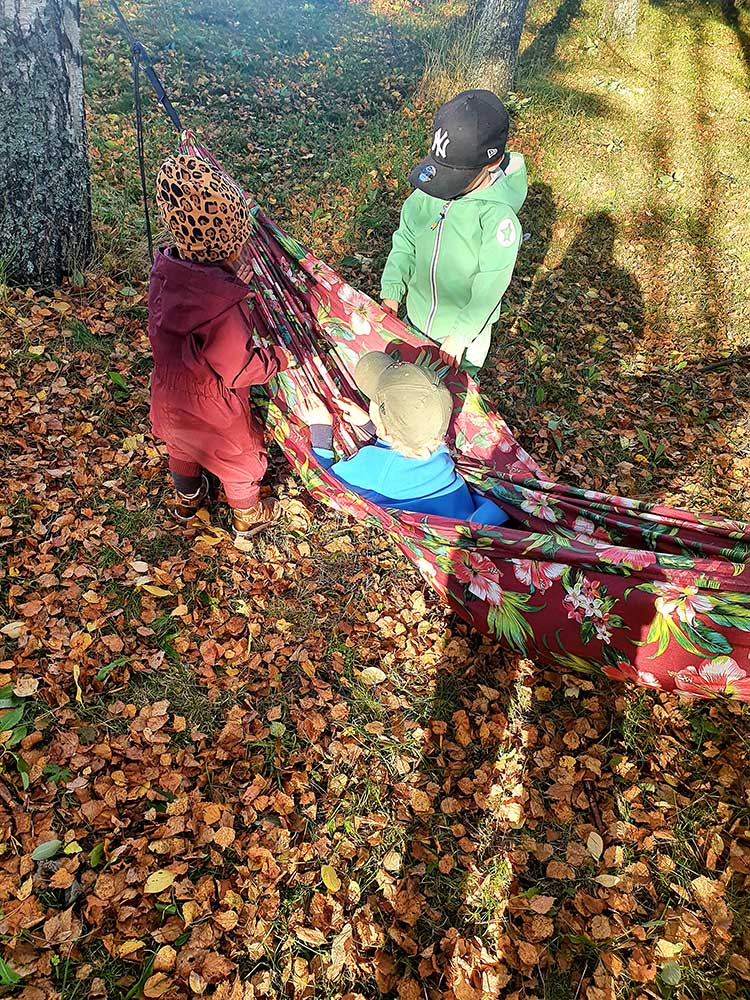Social skills

Group activities
Each setting has 3 – 4 groups, but we also spend a lot of time together. The older children learn to acknowledge and empathise with the younger children, also helping and supporting them in their play. Younger children learn just from watching and listening to the older children. From such observations children acquire not just information but also motivation. Children seem to be most motivated to do what those who are a little older than themselves are doing. Age mixing also allows older children to learn through teaching. Children in multi-age groups will develop friendships and engage in learning just as they would in same age settings with the bonus of being able to access peer support and lead learning for other children. These opportunities offer children the opportunity to develop more sophisticated social skills.
Open plan environment
The learning environment is open-planned. Children can freely choose where they would like to go and play within the different learning areas.
There is a lot of space to practice creativity and free flow play. We use an activity board, where children can decide together where they would like to go. play areas include; role play area, sticking table, drawing table, playdough table, games and puzzles, floor toys, water/sand play, library, gym room, sensory room or the music room. In the summer we have free flow play into the garden.
Free flow play supports the pedagogy and philosophy of our practice
During free flow play children can i.e. play in the home corner, play dress up, paint together, draw, dance, build, etc. Children negotiate and discuss their plans together building on social skills and learning to work together.
The environment is design to encourage children to learn to negotiate, strategy plan, observe, compromise and show tolerance towards one another. The adult is there to support the children in their play and add as a support when challenges occur. It’s important to allow children to practice working out problems together as this enhances and supports independent thinking.
Self-regulation is something we practice every day, positive and calm interactions are important part of learning and developing. Our mission is to support every child in our care to help them to understand their feelings and how to regulate them. Adults are always present in play time, observing and participating, supporting pedagogical learning and development.
Picture cards to support self-expression
We use picture cards in our daily practice. They are an important part of supporting children’s communication and understanding. Together through games and other activities we learn emotional development, how to be a friend and part of a community. We learn about our strengths and weaknesses.
We read a lot of books and use emotion cards that promote wellbeing, open areas for discussion and showing respect to individual differences.
We emphasise on differences and understanding other points of views. Also, manners and consideration towards others.
Routines and daily schedules are important
Every morning we have a joint circle time where we sing, play, rhyme, etc and discuss the day ahead. We make sure that everyone has a chance to say something, and children are encouraged to have opinions and participate in discussions.
Friendships through small group sessions
It’s important that every child has a friend, and that no child feels alone or left out. We support this by having 1 to 1 group activities and encouraging children to work together. We make sure each child gets to participate in everyday activities. The adults observe very closely the dynamic of the group and the children’s roles. By listening and observing we highlight different observations and use them when planning the next steps.
We have 0 tolerance on bullying and interfere directly if we observe any bullying or discrimination within the setting. We aim to create an empathic atmosphere that can increase understanding amongst children helping to prevent these types of situations.
When understanding children’s individual likes and interest, allows the adults to modify the learning environment accordingly.




